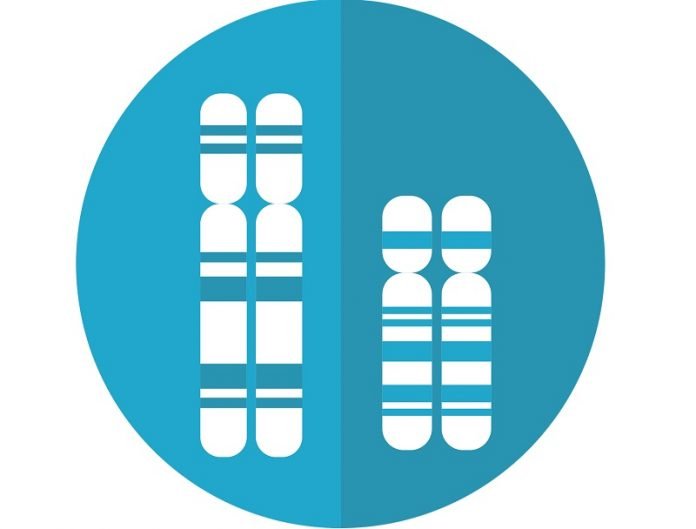
Scientists from the universities of Cambridge and Exeter found that around one in 500 men could be carrying an extra X or Y chromosome—most of them unaware—putting them at increased risk of diseases such as type 2 diabetes, atherosclerosis, and thrombosis.
The research is published in Genetics in Medicine and was conducted by Yajie Zhao et al.
Sex chromosomes determine our biological sex. Men typically have one X and one Y chromosome, while women have two Xs. However, some men also have an extra X or Y chromosome—XXY or XYY.
Without a genetic test, it may not be immediately obvious.
Men with extra X chromosomes are sometimes identified during investigations of delayed puberty and infertility; however, most are unaware that they have this condition.
Men with an extra Y chromosome tend to be taller as boys and adults, but otherwise, they have no distinctive physical features.
In the study, the team analyzed genetic data collected from more than 200,000 U.K. men aged 40–70 from U.K. Biobank.
They identified 213 men with an extra X chromosome and 143 men with an extra Y chromosome.
As the participants in U.K. Biobank tend to be “healthier” than the general population, this suggests that around one in 500 men may carry an extra X or Y chromosome.
By linking genetic data to routine health records, the team found that men with XXY have much higher chances of reproductive problems, including a three-fold higher risk of delayed puberty and a four-fold higher risk of being childless.
These men also had significantly lower blood concentrations of testosterone, the natural male hormone. Men with XYY appeared to have a normal reproductive function.
Men with either XXY or XYY had higher risks of several other health conditions.
They were three times more likely to have type 2 diabetes, six times more likely to develop venous thrombosis, three times as likely to experience pulmonary embolism, and four times more likely to suffer from the chronic obstructive pulmonary disease (COPD).
The researchers say that it isn’t clear why an extra chromosome should increase the risk or why the risks were so similar irrespective of which sex chromosome was duplicated.
Genetic testing can detect chromosomal abnormalities fairly easily, so it might be helpful if XXY and XYY were more widely tested for in men who present to their doctor with a relevant health concern.
If you care about heart health, please read studies about how to reverse heart failure with diet, and how to treat and prevent heart attack in people with diabetes.
For more information about diabetes, please see recent studies about a cure for type 2 diabetes, and results showing diabetes drug metformin may reverse liver inflammation.
Copyright © 2022 Knowridge Science Report. All rights reserved.



